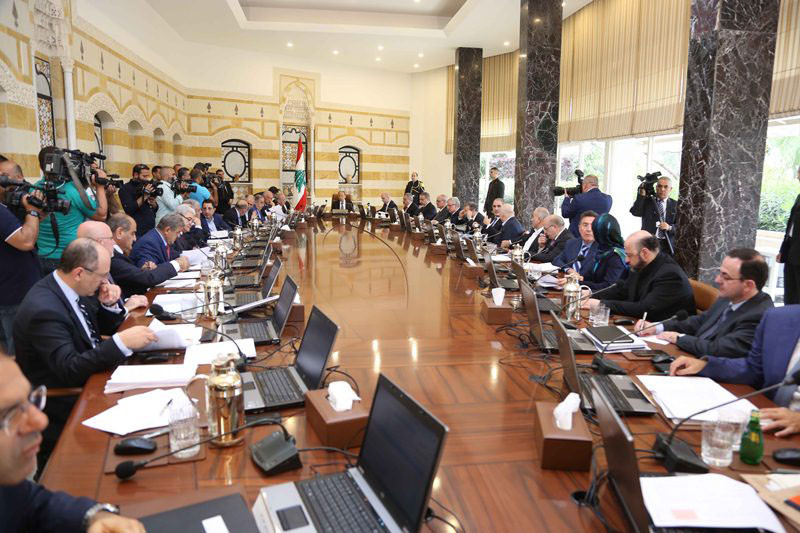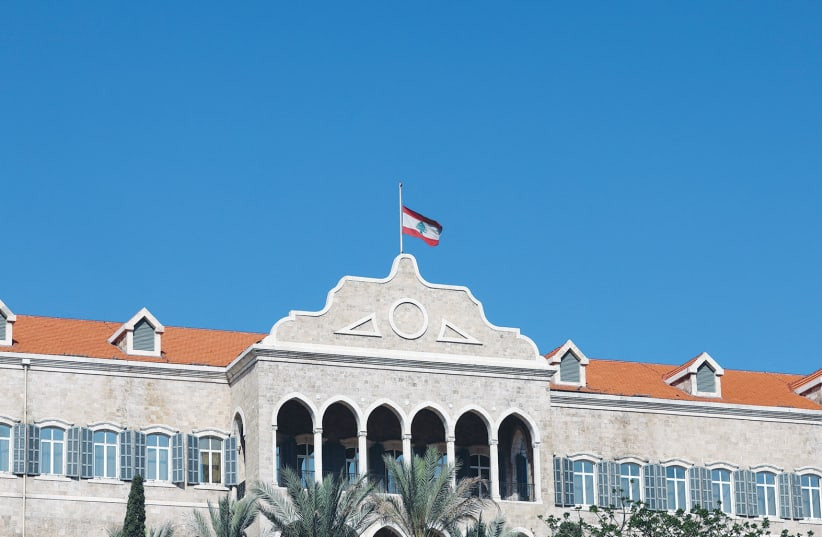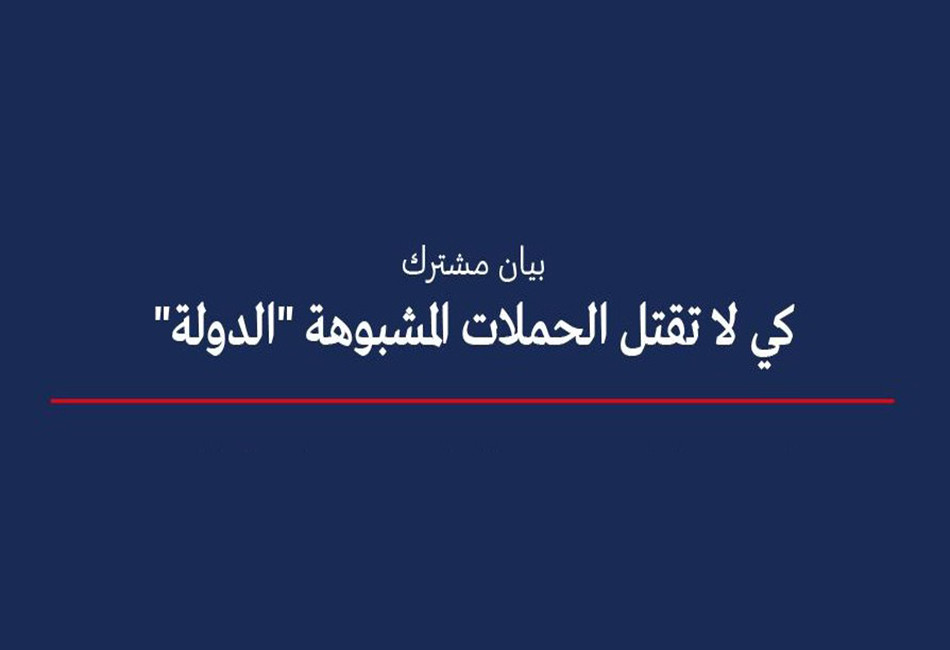In one of its first meetings, which took place on 21 February 2019, the Council of Ministers approved a wide range of loans from various international creditors totaling up to $1.16Bn.
Lack of transparency
To date, and despite the Government’s commitment to transparency, on the basis of which it was granted confidence by Parliament on 15 February, the Lebanese public has no access to information regarding the exact content of the decisions taken by the Council of Ministers regarding these loans, as shown below:
- The above figure is based on the agenda that was distributed prior to the meeting of the Council of Ministers, and the news were released to the press in very vague terms after the meeting.
- On Thursday 28 February, one full week after the meeting, no information had been posted on the cabinet’s website, and the link to the press release regarding the decisions remains inactive (Figure 1). In any case, it should be noted that the full text of the decisions should be available online, and not only as a recapitulative press release.
Transparency is the basis of good governance. The lack of transparency today is the first breach of confidence by authorities who have yet again asked for an opportunity to conduct reforms after a long track record of failed governance.
Breach of the Constitution
Beyond this opacity, what is worrying is the persistence of the cabinet to act in direct breach of the Constitution and public finance procedures. As stated by Constitutional Council Ruling No. 5/2017 , no further expenditure or tax collection can be implemented in the absence of an annual budget. The cabinet nevertheless granted itself the right to collect and spend the taxpayer's money on the basis of the so-called provisional twelfth “rule” which has been twisted from its purpose in violation of the Constitution.
Flawed public investment procedures
Furthermore, this comes within the framework of flawed public investment procedures, whether financed by loans or the treasury. This framework needs revision according to the joint IMF/World Bank Public Investment Management Assessment Report (PIMA) submitted to the Prime Minister’s Office on 5 September 2018. Kulluna Irada has been informally briefed about this report’s recommendations, but our official request for access was neither met by the Prime Minister’s Office nor by the IMF (the latter needs a greenlight from the Lebanese authorities).
Given that public debt to GDP has reached a critical level of 152% with a projected annual servicing cost of $5.7Bn in 2019 (based on our estimates) and based on the PIMA guidelines developed by the IMF , the cabinet should not have agreed on these loans but rather included them in the budget of 2019. It is not acceptable to unblock old projects that have been in the pipeline for years only to show international creditors that Lebanon is back to work. There is an urgent need to review every decision and its priority during the budget discussion. This entails having a macro-image in mind that takes into account the opportunity cost of each dollar spent in light of economic, social and financial objectives and constraints.
Moreover, given the severity of the current fiscal crisis, the prevailing “laissez faire” mentality regarding fiscal expenditure will only lead us to the abyss. Members of Parliament should not under the pretext of emergency vote on any additional loans without a clear image of the road ahead. As such, authorizing expenditures should only be done under a clear budget that highlights all financial obligations these projects create and their multi-annual spending commitments.
More than $1.8Bn commitments
The least we can say is that the commitments entailed by the cabinet’s decisions are not clear. The total amount of the loans disclosed is $1.16Bn. This is not an insignificant figure. To put it in context, it amounts to about 70% of the budgetary support given to EDL during 2018. However, more importantly, a majority of these loans only cover part of the costs of the projects they correspond to. As such, Kulluna Irada estimates that these loans will entail a minimum of $656.49Mn in extra commitments from the Treasury’s side excluding future interest payments.
The reason why we cannot pinpoint the exact amount of hidden costs created by the cabinet’s decisions is because the data surrounding these loans is still not available or only the bare minimum has been presented to the public. Key documents - such as loan agreements with the World Bank - have not been drafted, and thus the cabinet’s decisions were based on expectations and not hard facts.
The full paper is available below for download as pdf.




